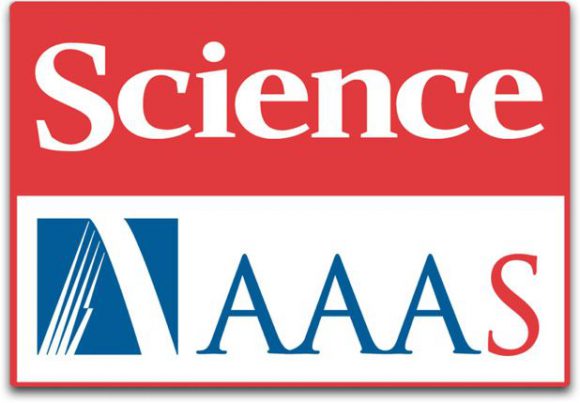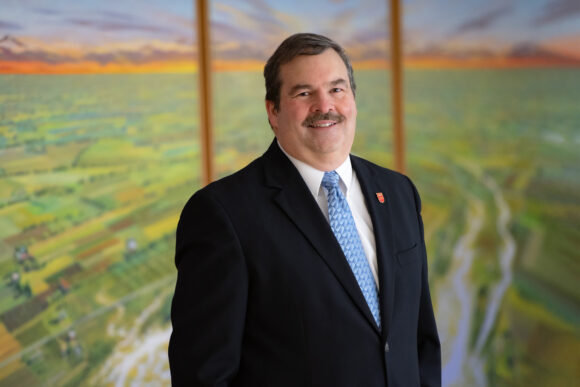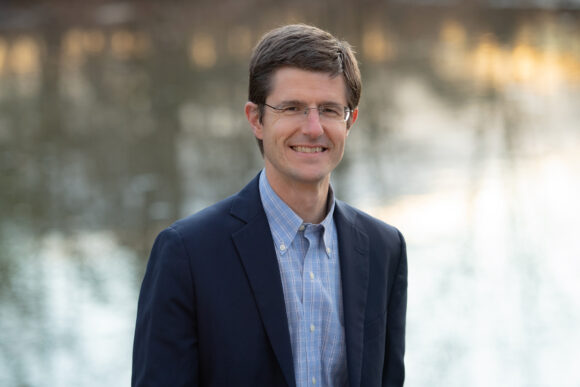 Three SEBS professors are among nine Rutgers faculty named to the 2023 cohort of 506 U.S. scientists, engineers and innovators recognized for their achievements
Three SEBS professors are among nine Rutgers faculty named to the 2023 cohort of 506 U.S. scientists, engineers and innovators recognized for their achievements
Rutgers faculty elected to the newest class of fellows of the American Association for the Advancement of Science (AAAS) are engaging in research to enhance our understanding of the universe, prepare the world to address climate change and find ways to restore brain function after traumatic injury or disease.
Their work demonstrates the breadth of ongoing research at the university that is changing the world and making a difference in people’s lives. The nine faculty members are working to bring critical research tools to scientists worldwide, help us better understand our ecosystems from the oceans to the role pollinators play in our food supply and improve the way we communicate about risk.
“Rutgers’ newest fellows of the American Association for the Advancement of Science exemplify the excellence of our faculty,” said Rutgers President Jonathan Holloway. “Their scholarly achievements, as recognized by their peers, fulfill the AAAS mission to advance science, engineering and innovation throughout the world for the benefit of all people and honor Rutgers’ mission to serve the common good.”
Rutgers’ AAAS fellows are among 506 scientists, engineers and innovators spanning 24 scientific disciplines ranging from research, teaching and technology, to administration in academia, industry and government, to excellence in communicating and interpreting science to the public.
AAAS, the world’s largest multidisciplinary scientific society and a leading publisher of cutting-edge research through its Science family of journals, announced the newest members of the class of fellows on Jan. 31. It is among the most distinct honors within the scientific community.

William Hallman, professor and chair, Department of Human Ecology.
William Hallman
Professor and Chair, Department of Human Ecology
Honored for distinguished contributions to the field of risk analysis, risk assessment and risk communication, and for educating the public on important scientific issues
For more than three decades, William Hallman has examined people’s perceptions of the risks associated with food, technology, health and the environment.
Hallman began his work studying environmental justice issues, working with an African American community living next to a hazardous waste dump in South Carolina.
Since joining the Rutgers faculty, he and his team have examined how people view other environmental risks like radon, air and water pollution and climate change.
He has also examined what people think about germs, bioterrorism, Lyme disease, mad cow disease, avian influenza, Zika virus, COVID-19 and other health issues.
“The goal is to understand how people think about risks, so we can do a better job of communicating about them,” Hallman said.
A psychologist and chair of the Department of Human Ecology in the School of Environmental and Biological Sciences, Hallman collaborates with colleagues in the social, physical, biological, environmental and medical sciences. He also advises federal and international agencies.
Much of his work focuses on foods. In the early 1990s, Hallman published one of the first studies examining public perceptions of genetically modified foods and, most recently, has looked at how cell-cultured meat, poultry and seafood products should be labeled.
He has also worked to improve communications about food safety and food recalls and has been involved in addressing issues of food insecurity and nutrition, looking at how people perceive nutritional benefits of protein, seafood, green tea, organic produce and vegetarian diets.
“A common attribute of the risks I study is that the things that people worry about – or fail to pay attention to – are generally invisible: bacteria and viruses, parasites, chemicals, electric and magnetic fields, radiation, etc.,” Hallman said. “My job is really to help make the invisible visible in ways that get people to take appropriate actions, including those people who would prefer not to look, or try hard not to see.”

Malin Pinsky, associate professor, Department of Ecology, Evolution, and Natural Resources.
Malin Pinsky
Associate Professor, Department of Ecology, Evolution, and Natural Resources
Honored for distinguished contributions to the field of marine biology, particularly for predictions about the impacts of climate change and population dynamics
Malin Pinsky is fascinated by how and why ocean life is changing – and what we can do to ensure abundant wildlife and healthy ecosystems for everyone.
Ocean research is experiencing a revolution, he said, as new data is becoming available like never before. As a result, Pinsky’s lab is challenged with examining this new data to understand why our oceans are changing. The broader goal of this work is to help design marine conservation strategies and fishery-management approaches that are resilient to changing climates.
“Climate change is driving fish and other species to move hundreds of miles, and we need to understand these changes – where species are found, which species interact and which genes flourish within species – so that we can adapt and sustain ocean life,” said Pinsky, an associate professor at Rutgers-New Brunswick in the Department of Ecology, Evolution and Natural Resources.
“Society relies on the ocean, including the more than 3 billion people alive today who get critical nutrition from fish,” he said. “My goal is to understand and forecast these changes, including which species are most at risk of extinction.”
The ecologist and evolutionary biologist has helped raise awareness about the impacts of climate change on ocean life, including briefings on Capitol Hill and working closely with conservation groups and fisheries managers. In the process, he has learned that marine species are among the most vulnerable to climate change.
Pinsky is interested in exploring whether and how marine life can evolve to withstand climate change in the future. Researchers such as Pinsky are starting to use DNA sequencing to reveal how and where evolution is happening and whether it can help save species.
Evolution was long considered a very slow process, but recent advances in genome technology make it clear that evolution also happens quickly, Pinsky said.
Pinsky is a member of the Institute of Earth, Ocean, and Atmospheric Sciences and a member of the Department of Ecology, Evolution, and Natural Resources. His past research includes studies examining adaptation to climate change in temperate marine fish and fisheries, larval dispersal in coral reef fish to inform marine reserve design and seal population dynamics in response to climate change and hunting.

Rachael Winfree, professor, Department of Ecology, Evolution and Natural Resources.
Rachael Winfree
Professor, Department of Ecology, Evolution and Natural Resources
Honored for distinguished contributions to the field of ecosystem services, particularly for her substantial contributions to pollination ecology and conservation
Rachael Winfree has spent more than two decades collecting data on pollinators, mostly bees, which fertilize almost 90 percent of the world’s wild plants and 75 percent of global food crops. The role of these pollinators is crucial to making it possible for plants to reproduce, survive and feed the world’s population.
“The world would be a very different place without pollinators,” said Winfree. “Humanity relies on ecosystem services for our survival, so understanding where these services come from is important.”
Her research focuses on understanding the relationship between humans and pollinators – which besides bees include birds, bats, butterflies, moths, flies, beetles, wasps and small mammals – and in particular how pollinators are affected by land use and climate change.
Many of these pollinators are in sharp decline, which could lead to a loss of fruits and vegetables throughout the world. While pesticides and loss of habitat have taken a toll on bees and other pollinators, it seems likely that climate change will be the largest factor in the future.
Winfree and her team of postdoctoral researchers and doctoral students have recently begun research on the bee species that live in the forests of eastern North America. “These forest species are not well-studied and are currently excluded from pollinator conservation planning due to lack of information about their habitat needs,” said Winfree. “Something I would like to do in the future is to find out how habitat management for forest pollinators can be combined with management for increased carbon storage by forests. Restoring forests is going to be a key part of slowing climate change, because trees absorb CO2 and store carbon.”
One of her most rewarding roles at Rutgers, she said, has been teaching and mentoring doctoral students and postdoctoral researchers – the next generation of scientists – who have gone on from her lab group to productive scientific careers at universities around the world.
“Over the past 20 years my research group has collected some of the highest quality datasets in the world on bee pollinators and the plants they pollinate,” Winfree said. “Empirical data collection is the basis of good science, so I’m proud of this contribution.”
This article originally appeared in Rutgers Today. Read about the six other Rutgers professors who were named AAAS Fellows.

